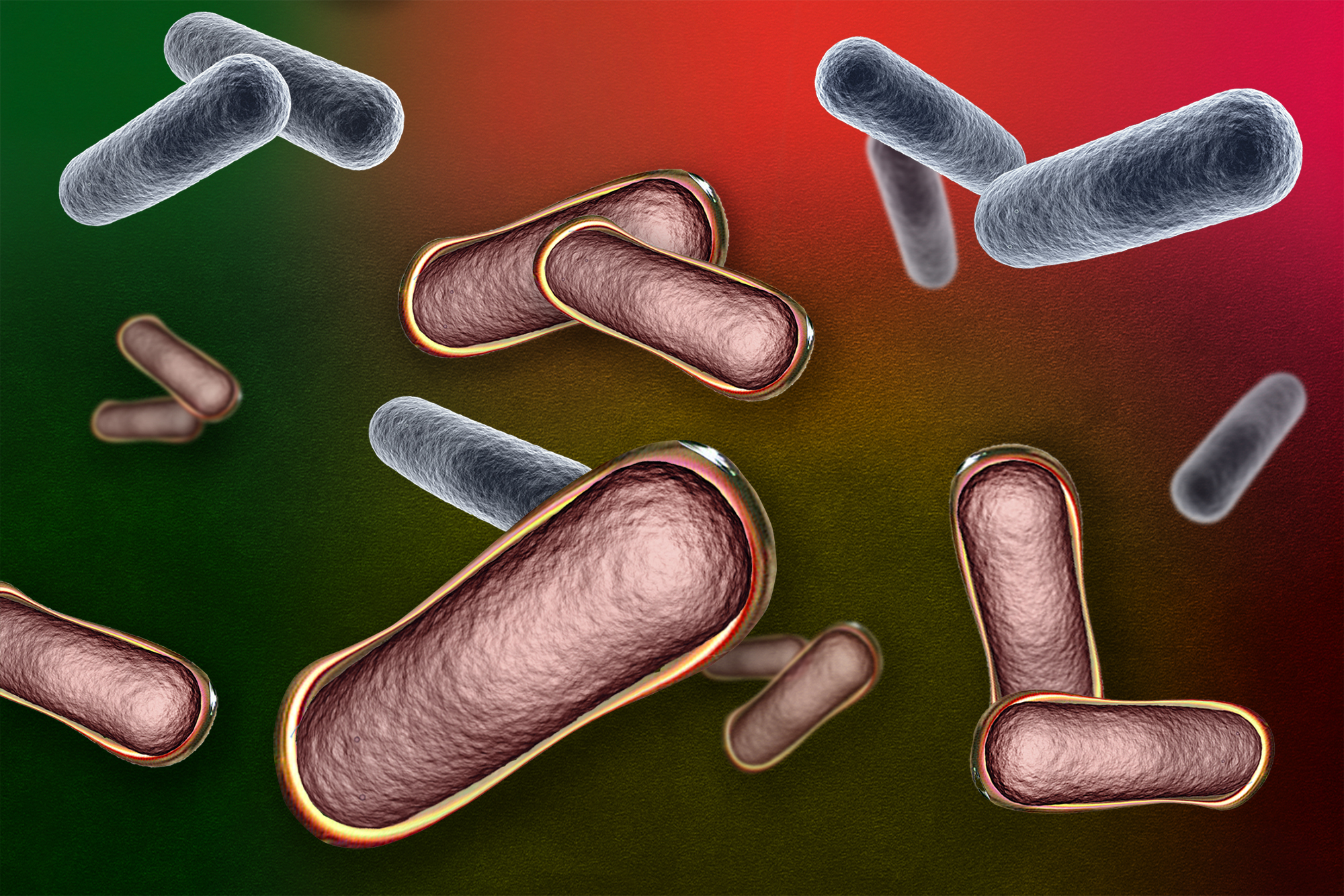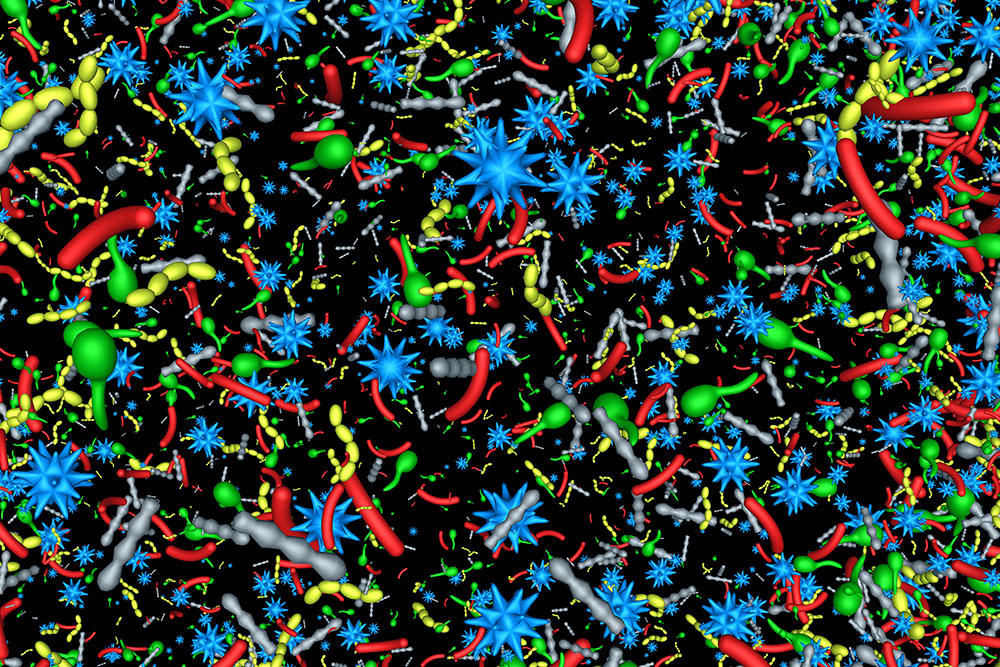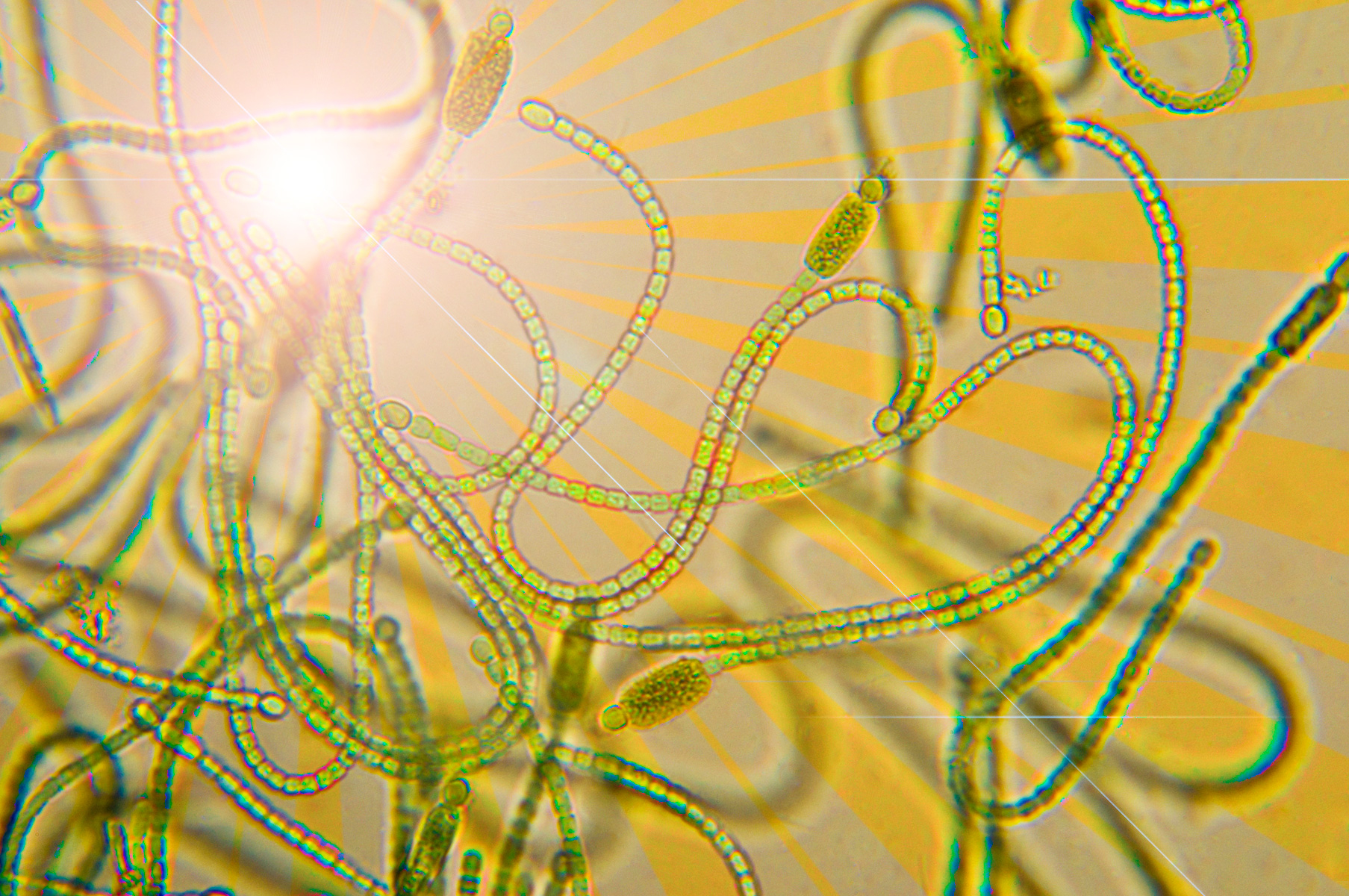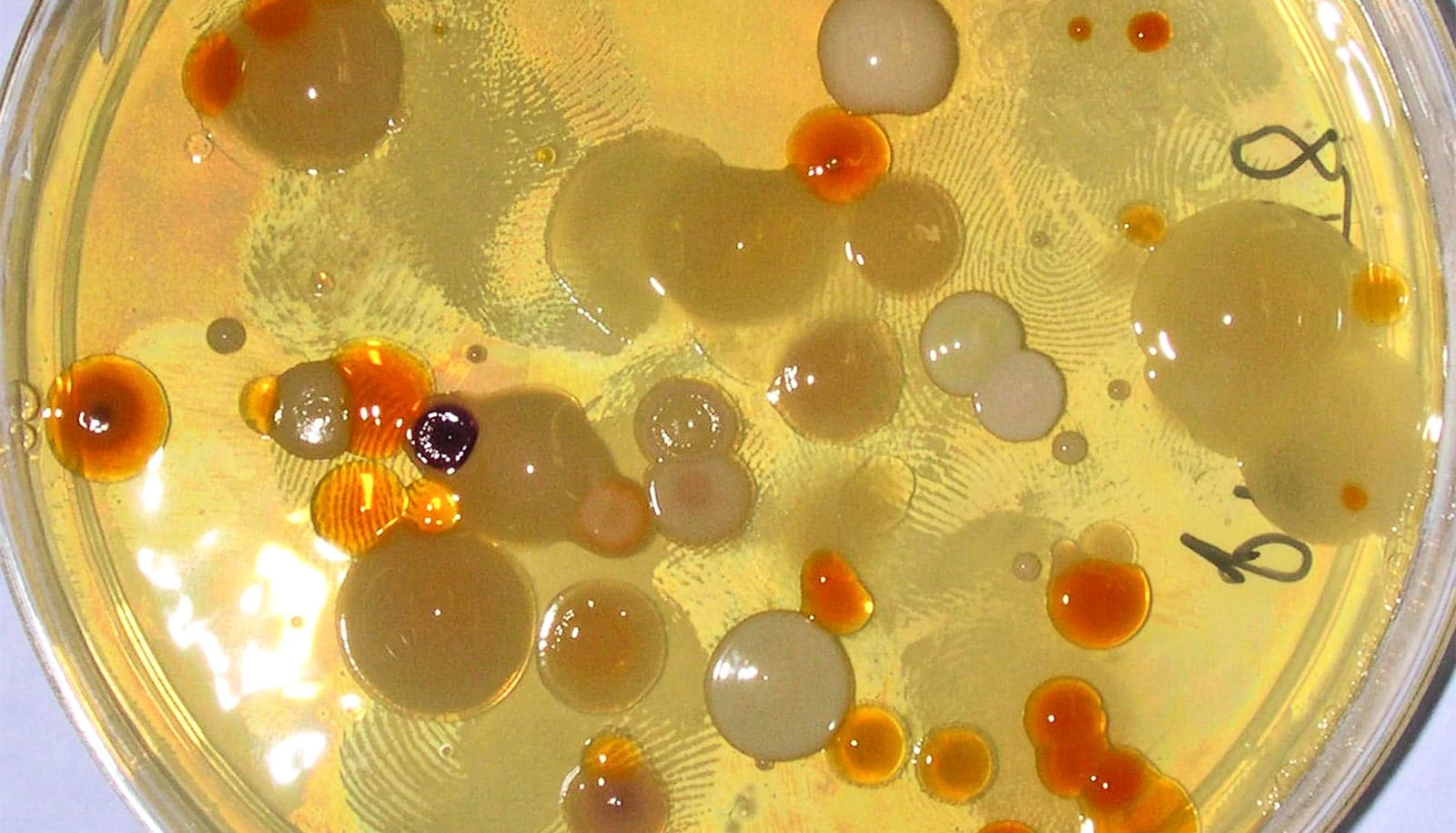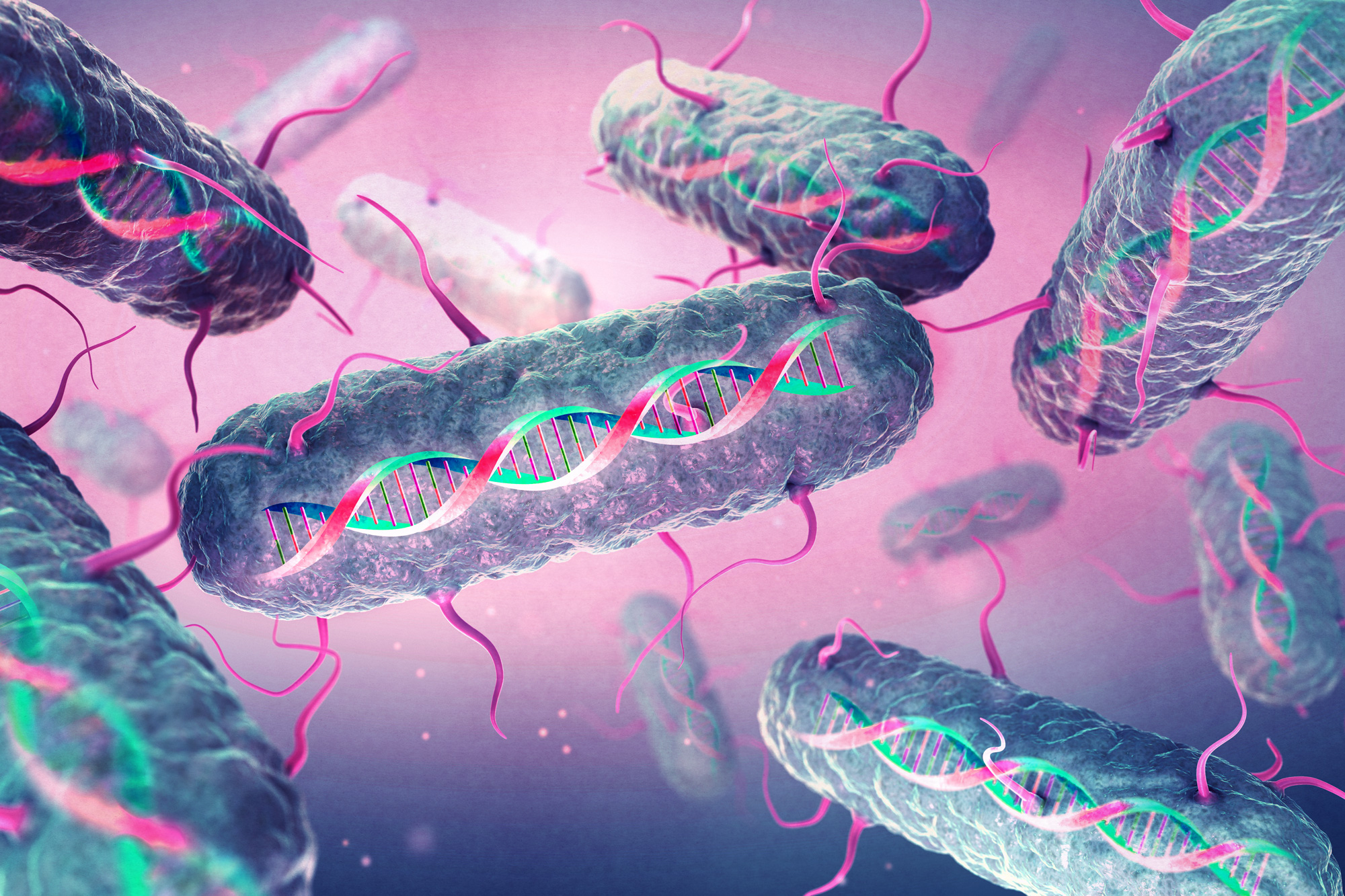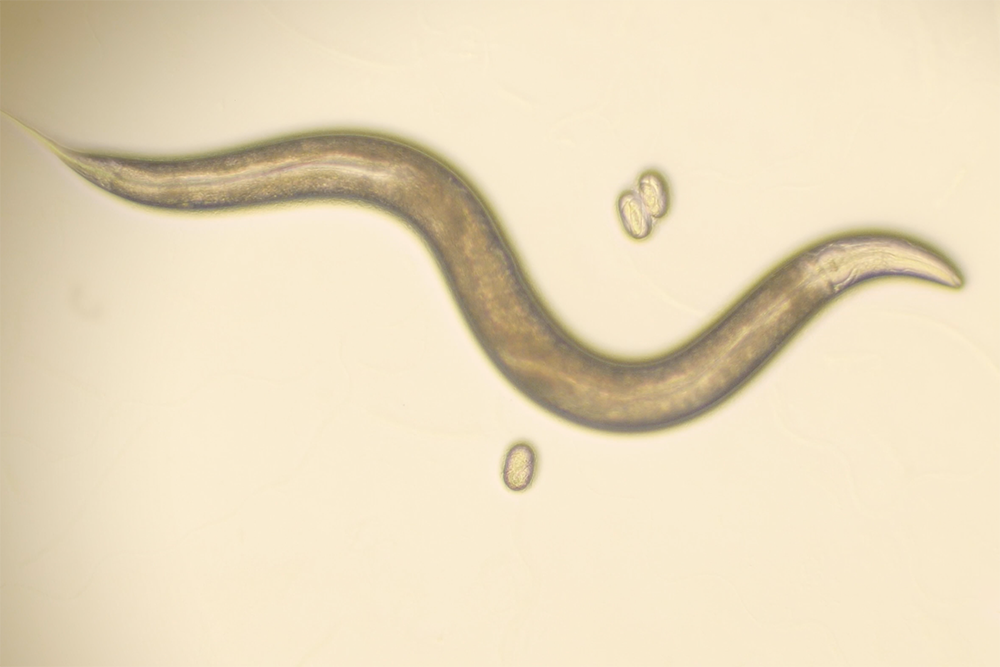Research finds potential mechanism linking autism, intestinal inflammation
Infection during pregnancy with elevated levels of the cytokine IL-17a may yield microbiome alterations that prime offspring for aberrant immune responses, mouse study suggests.
David Orenstein | Picower Institute for Learning and Memory •
mit
Dec. 9, 2021 • ~8 min
Dec. 9, 2021 • ~8 min
Antibiotic resistance is at a crisis point – government support for academia and Big Pharma to find new drugs could help defeat superbugs
If no action is taken to address antibiotic resistance, infections from multidrug-resistant bacteria could cause 10 million deaths each year by 2050.
Andre Hudson, Professor and Head of the Thomas H. Gosnell School of Life Sciences, Rochester Institute of Technology
• conversation
Oct. 29, 2021 • ~9 min
Oct. 29, 2021 • ~9 min
COVID-19 has spurred investments in air filtration for K-12 schools – but these technologies aren't an instant fix
Air-ventilation upgrades have been badly needed in U.S. classroooms since long before the pandemic. Low-tech filtration systems that cost about the same as a textbook per student can make a big difference.
Mark Thomas Hernandez, S. J. Archuleta Professor of Environmental Engineering, University of Colorado Boulder •
conversation
Aug. 24, 2021 • ~9 min
Aug. 24, 2021 • ~9 min
/
29

